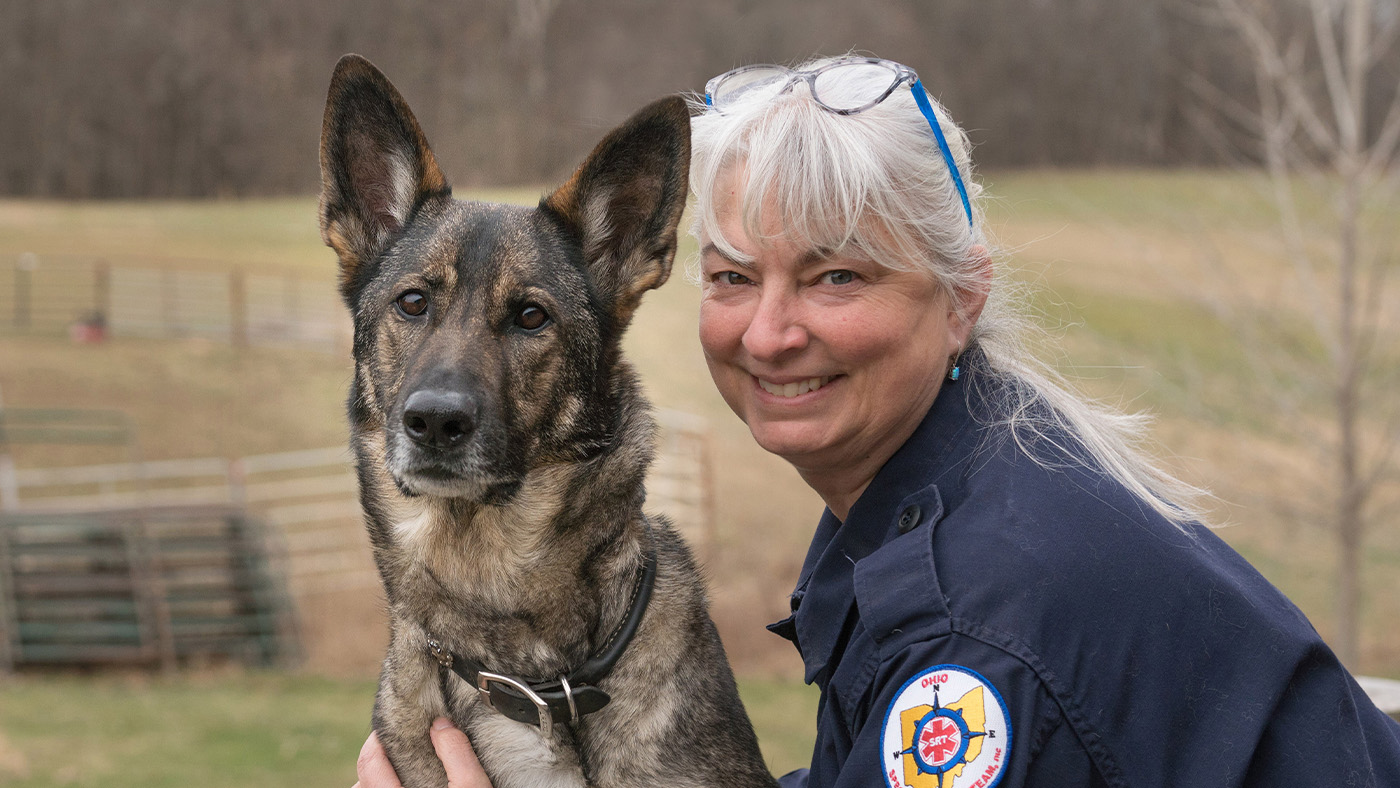10 celebrities with the most outrageous exotic pets (one even tried to kill them!)
From the cute and cuddly to the downright dangerous, here are 10 exotic pets owned by celebrities...
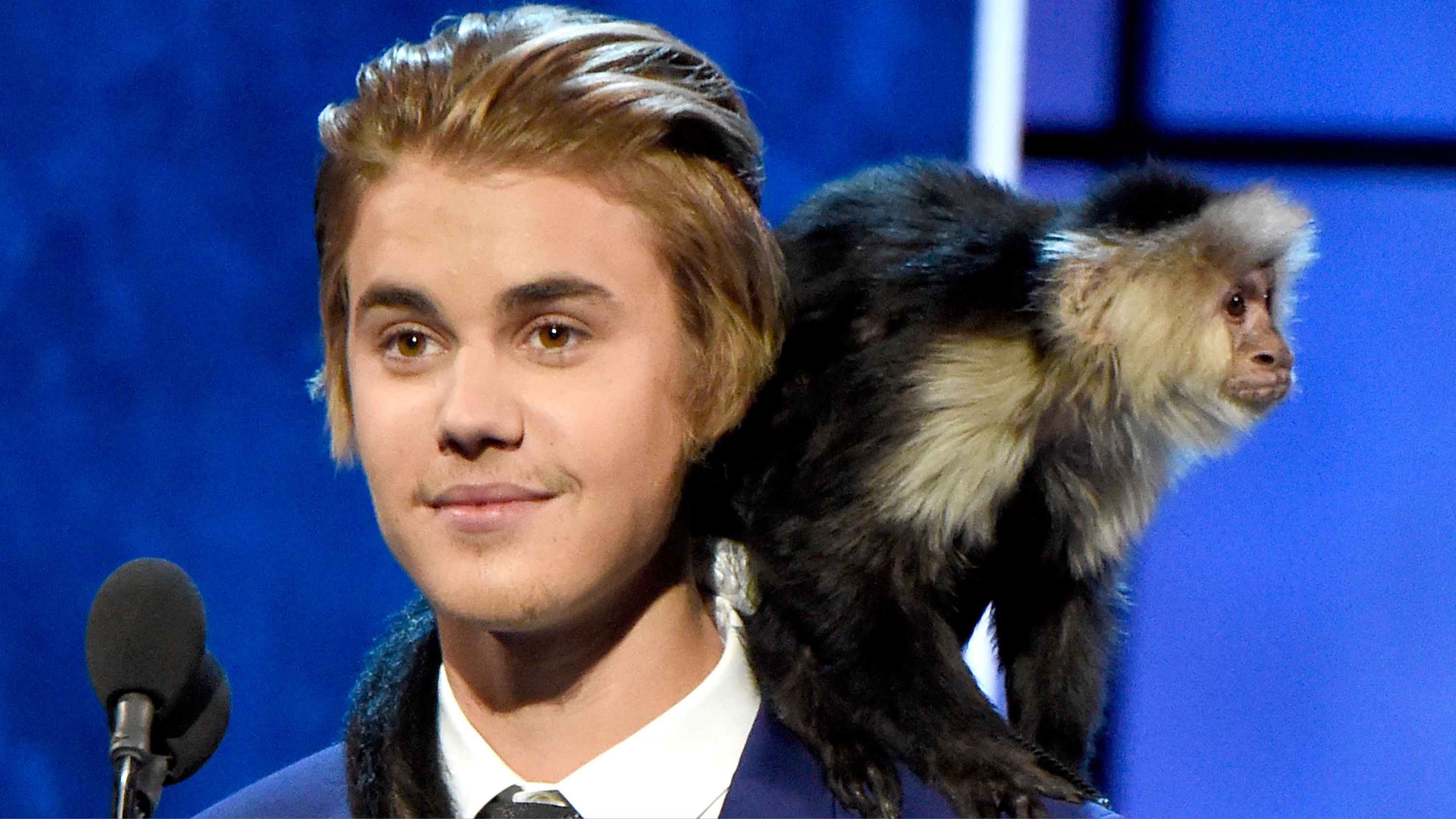
While most of us are quite content owning a dog, cat, bird, fish or other small pet, the same can't be said for some celebrities who have been known to share their beds and their homes with some very exotic companions indeed.
When it comes to the most unusual pets ever owned, the shark owned by rapper and actor Ice T may just top the list! But at least his finned friend is housed in a state of the art (and hopefully rock solid) aquarium. Hollywood star Nicholas Cage once put his life at risk when he welcomed two king cobra's into his life – eek!
Still, not every celebrity opts for a pet as dangerous as this, some choose weird and unusual animals like the kinkajou (a mammal that typically lives in tropical rainforests) to call their forever friend. Wondering who that might be? You'll have to read on to find out!
Celebrities with exotic pets
1. Reese Witherspoon's donkeys
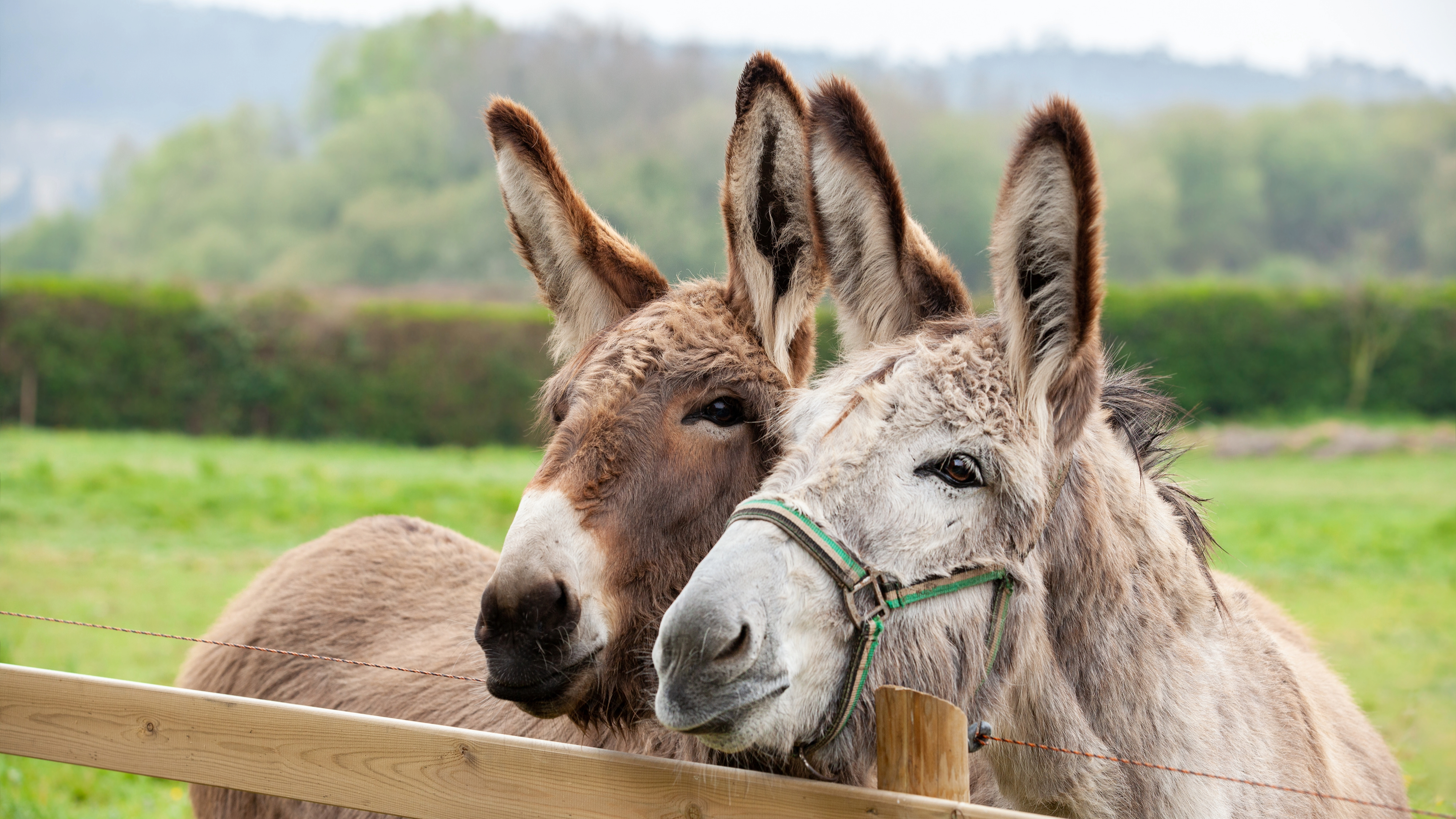
You may know her from hit films such as Legally Blonde and the Emmy-award winning series The Morning Show, but did you know that when she's not in front of the cameras, Oscar-winning actress Reese Witherspoon is the proud mom of two donkeys – the adorably named Honky and Tonky.
"Donkeys can make great pets, even for beginners," says vet Dr. Lisa Coder. "However, there are a few things that are essential for these animals in order for them to thrive. The first and maybe most obvious requirement is pasture space; approximately half an acre (2,000 square meters) per donkey is the minimum as they need space to move and graze.
"Pasture grass is not required, and donkeys are often happy to eat hay or other forage. Caution should be taken with high sugar feeds, such as fresh grass or grains, as donkeys are prone to obesity and other metabolic problems.
"Donkeys are generally affectionate and curious, and do well with other animals. Different breeds have different environmental needs, but all donkeys need shelter from extreme heat and cold. They also need regular hoof care and trimming, vaccinations, and dental care."
PetsRadar Newsletter
Get the best advice, tips and top tech for your beloved Pets
2. Justin Bieber's monkey

For those of us that grew up in the 90s, the popularity of capuchin monkeys skyrocketted after Ross Gellar, David Schwimmer's character in the hit TV show Friends, welcomed one of these little cuties into his life. As you may recall, having Marcel didn't work out so well for Ross and he reluctantly placed him in the care of the San Diego Zoo.
In a case of life imitating art, singer Justin Bieber also had to say goodbye to his pet capuchin monkey, OG Mally, after he was seized by German custom officials while the two were on a trip. OG Mally and Bieber were never reunited and the monkey was moved to the Serengeti Park in Copenhagen.
So, what does Dr. Coder think about keeping capuchin monkeys as pets?
"Capuchin monkeys, in general, do not make good pets, and in many places are illegal to own," she says.
"They are very intelligent and easily bored and therefore are often unhappy in captivity and can readily become aggressive and destructive. They need an exceptionally large amount of space, social interaction, and mental and physical activity. They eat a wide variety of foods and need proper nutrition as they are very prone to both obesity and type-2 diabetes as adults.
"They are also susceptible to many human diseases, and, more frighteningly, are able to transmit diseases to people. The most serious of these possible diseases is Herpes B, which can cause fatal brain infections in people, and can be transmitted through urine, saliva, or bites and scratches.
"These pets are not for beginners and require a large commitment to space, care, nutrition, and caution when handling. They also may live up to 40 years in captivity."
3. George Clooney's pig
A post shared by Unleash | Pet Application (@unleashphofficial)
A photo posted by on
Hollywood heartthrob and long-time bachelor, George Clooney, was in his early 50s before he finally took the plunge and married his wife Amal. Perhaps that's because he spent 18 years completely smitten with his 300 pound Vietnamese pot-bellied pig, Max, who died in 2006 at the ripe old age of 19.
"Pigs can make excellent pets, as they are often very social, enjoy spending time with people and other pets, and do not require excessive space or specialized care," explains Dr. Coder.
"Pigs are naturally curious, and this, along with their exceptional drive for food, can make them destructive in the home when they are searching for a snack. They need secure enclosures and fences, as they love to root and explore their environments."
Coder says it's worth noting that pigs can grow to be very large, even so-called “teacup” pigs, and can easily become overweight if fed foods too high in sugars.
"Due to the large size, combined with their stout body type, they are also prone to overheating. They should always have a shady area, cool water to drink and bathe in, and in hot environments, may need mist systems or air conditioners. Depending on the environment, they may need regular hoof trimming.
"Pigs are naturally loud, and will scream and squeal at mealtimes, when excited, lonely, or scared. Make sure your jurisdiction does not have a ban on pigs in a residential area."
4. Leonardo DiCaprio's tortoise
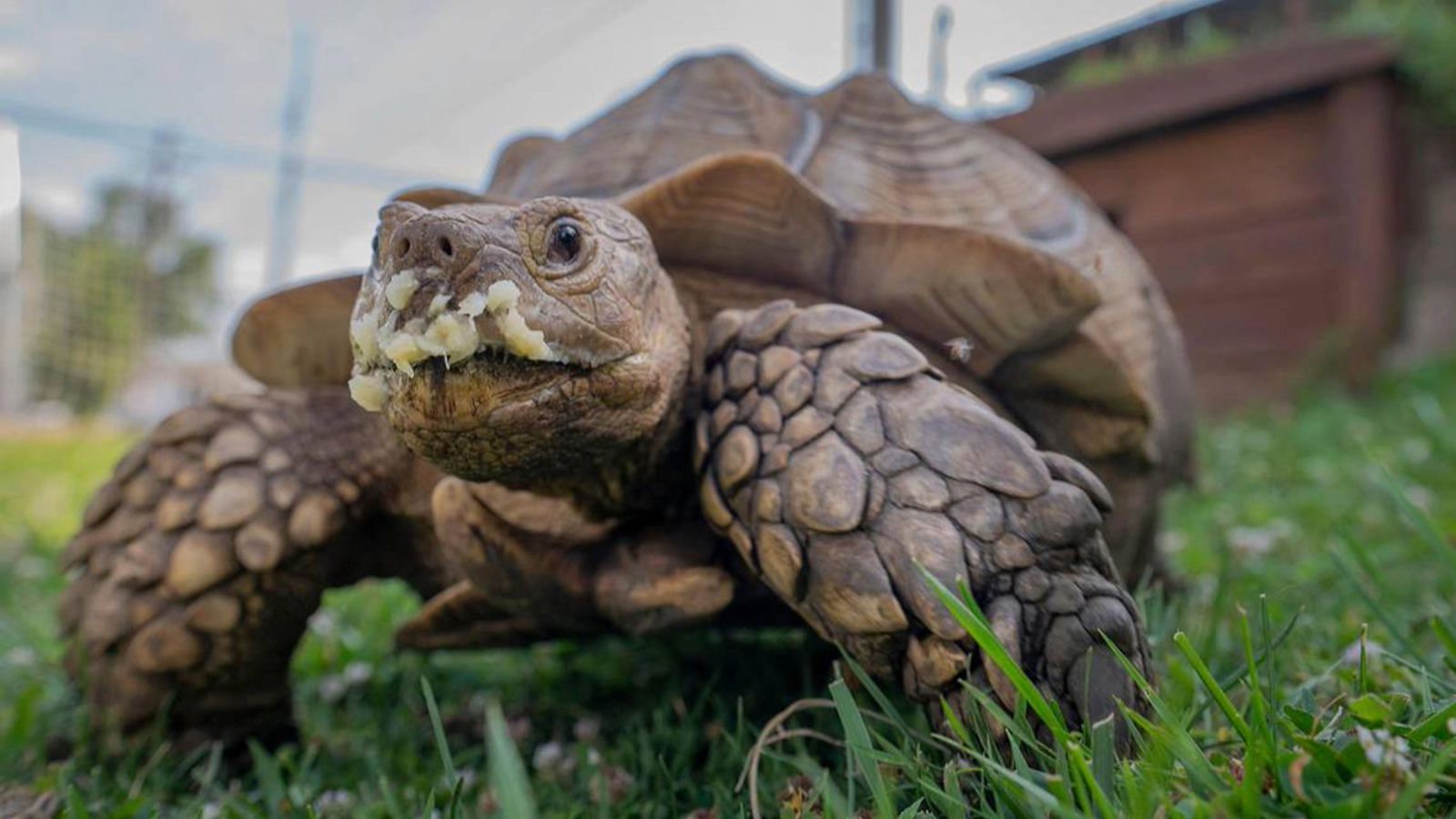
He may have met a watery end in the blockbuster film Titanic, but actor Leonard DiCaprio won hearts the world over with his portrayal of the charming Jack Dawson.
Catapulting him into stardom, he went on to play the lead role in a slew of critically acclaimed films, including the 2010 sci-fi/action flick, Inception. It was while filming the movie that DiCaprio attended a trade show in California with his co-stars and decided to adopt a 10-year-old spurred tortoise.
"Spurred tortoises make excellent pets, and with proper care and nutrition can be social, curious, and fun animals to keep in your home," Dr. Coder says. "They are natively desert animals, and as such thrive in a hot and dry environment.
"As they can grow to over 100 lbs, they need a large enclosure and a sturdy fence that extends below the ground, as these animals love to dig and rut in the earth. An outdoor enclosure is often best, with a hut or dog house for shade and resting, and a muddy puddle large enough to soak in.
"If temperatures in your area drop below 60°F, they will need supplemental heat. They require ultraviolet light, in the form of natural sunlight or a full-spectrum lamp."
In terms of their diet, Coder says spurred tortoises are herbivores and require a variety of fibrous grasses, hays, or shrubs for optimal health.
"They also enjoy fresh greens, fruits, and fresh vegetables, in moderation. Supplementation with calcium and multivitamins is also recommended."
Keen to learn more about them? Read these 20 tortoise, terrapin and turtle facts.
5. Nicholas Cage's snake

Clearly Nicholas Cage likes living dangerously, why else would he choose to welcome two king cobra's into his family?
Cage has spoken openly about his experience of owning the two snakes, stating that on more than one occasion they tried to kill him. After several brushes with death, the actor decided the two snakes would be best living in a more secure environment and had them re-homed in a zoo.
When we spoke to Dr. Coder about keeping king cobras as pets, she was quick to point out that while snakes themselves can make great companions, venomous snakes are extremely dangerous and often aggressive and should not be kept by anyone unless they have exception experience.
"King cobra bites are often fatal within minutes to hours, even with appropriate medical care," she explains. "There is absolutely no margin of error when handling or keeping these types of reptiles. King Cobras are very large snakes, often reaching 16ft or more in length. As such, they require a large enclosure that is very secure and ensures the snake cannot escape. Snakes are curious animals, and will explore any potential opening and can fit through very small spaces.
"They have relatively easy specifications for environmental conditions, and monitoring temperature and humidity daily is recommended. Allowing the temperature to fall below 70°F may predispose snakes to respiratory disease.
"King cobras are not excellent pets in captivity, and even experienced handlers have trouble enticing these animals to eat regularly. Veterinary care is difficult to find, as most vets will not see venomous snakes. Overall, king cobras are extremely dangerous animals and do not make good pets but there are countless other varieties of snakes that make excellent companions."
6. Paris Hilton's kinkajou
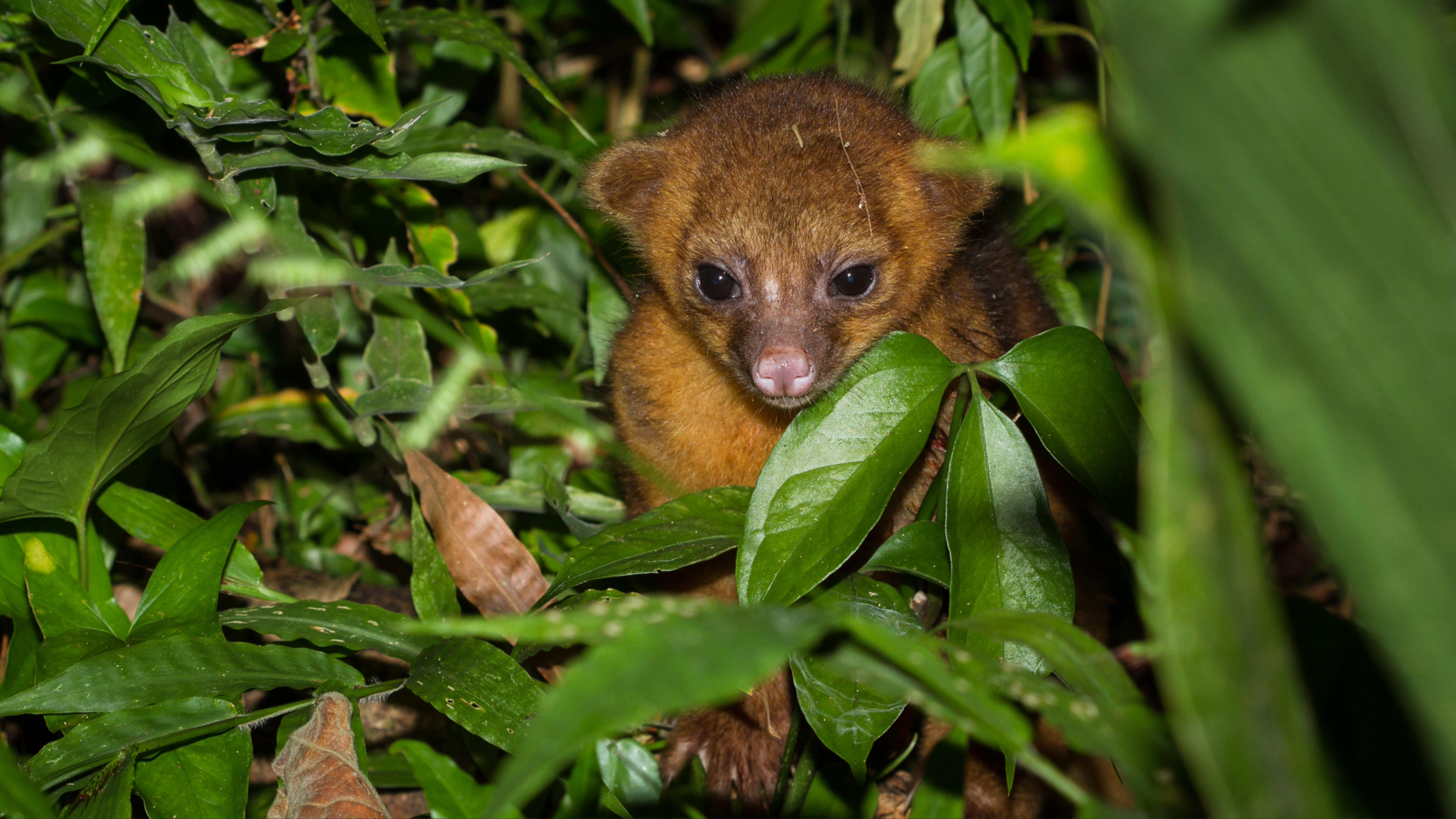
Socialite and reality TV star Paris Hilton adopted her kinkajou, Baby Luv, in 2005 – but their relationship wasn't without its fair share of ups and downs with Hilton sustaining a bite in 2006 that sent her to the ER.
However, just like dogs and cats, kinkajous will sometimes nip or bite when they're playing and excited, and Dr. Coder says that overall they can make good pets.
"Kinkajous are animals that often do well in captivity, although there may be restrictions in your area about owning one," she explains. "They bond very well with their owners, but often show a strong preference to their bonded person and do not transfer to new family members well."
With the right care, kinkajou's can live up to 25 years and while they are technically omnivorous, Dr. Coder says they're primarily fructivorous, which means their diet should consist of +70% fresh fruits, with a small amount of protein, fresh vegetables, and supplements containing vitamins and minerals.
"However, there are several fruits and vegetables that are known to cause allergic reactions and other medical conditions, such as strawberries and onions," she adds.
"They love to climb and play, and a large enclosure with room to climb is required. They also need several hours of playtime daily. They are messy and not easily (if at all) house trained.
"Plus, they're rambunctious and will often play very rough and are not suited to young children who may be hurt with the aggressive play. Overall, they are moderately good pets with an owner who can provide adequate time, attention, and space."
7. Tracey Morgan's octopus
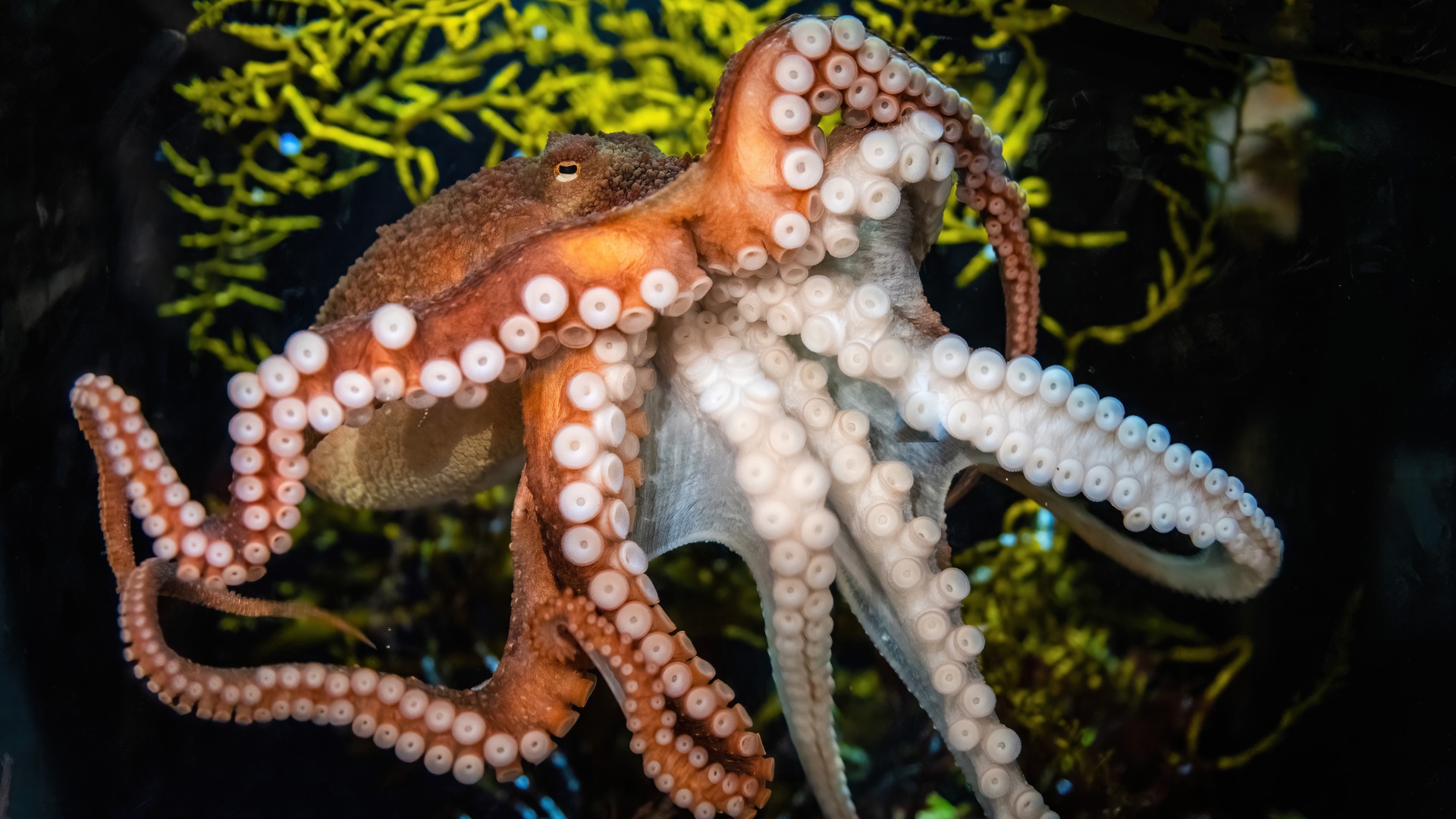
"Although octopi are fun, curious, and playful animals, they rarely make good pets," says Dr. Coder.
Clearly, comedian and actor Tracy Morgan thinks differently because he once had a Giant Pacific Octopus named Bwyadette who he housed in an aquarium that cost an eye-watering $400,000.
According to Dr. Coder, octopi require a large amount of aquarium space, not to mention a specialized diet, constant surveillance and monitoring. If all of that doesn't put you off, they're also master escape artists and trust us, you do not want a Giant Pacific Octopus loose in your home!
Dr. Coder says that octopi also require a lot of mental stimulation and without that they can become destructive.
"They often do not do well with other aquarium dwellers, frequently killing or harming other cohabitants in their space," she adds. "Sadly, nearly all species of octopus are extremely short-lived, with most small species living less than one year with the exception of the Giant Pacific Octopus, which can live between three to five years."
8. Ice-T's shark
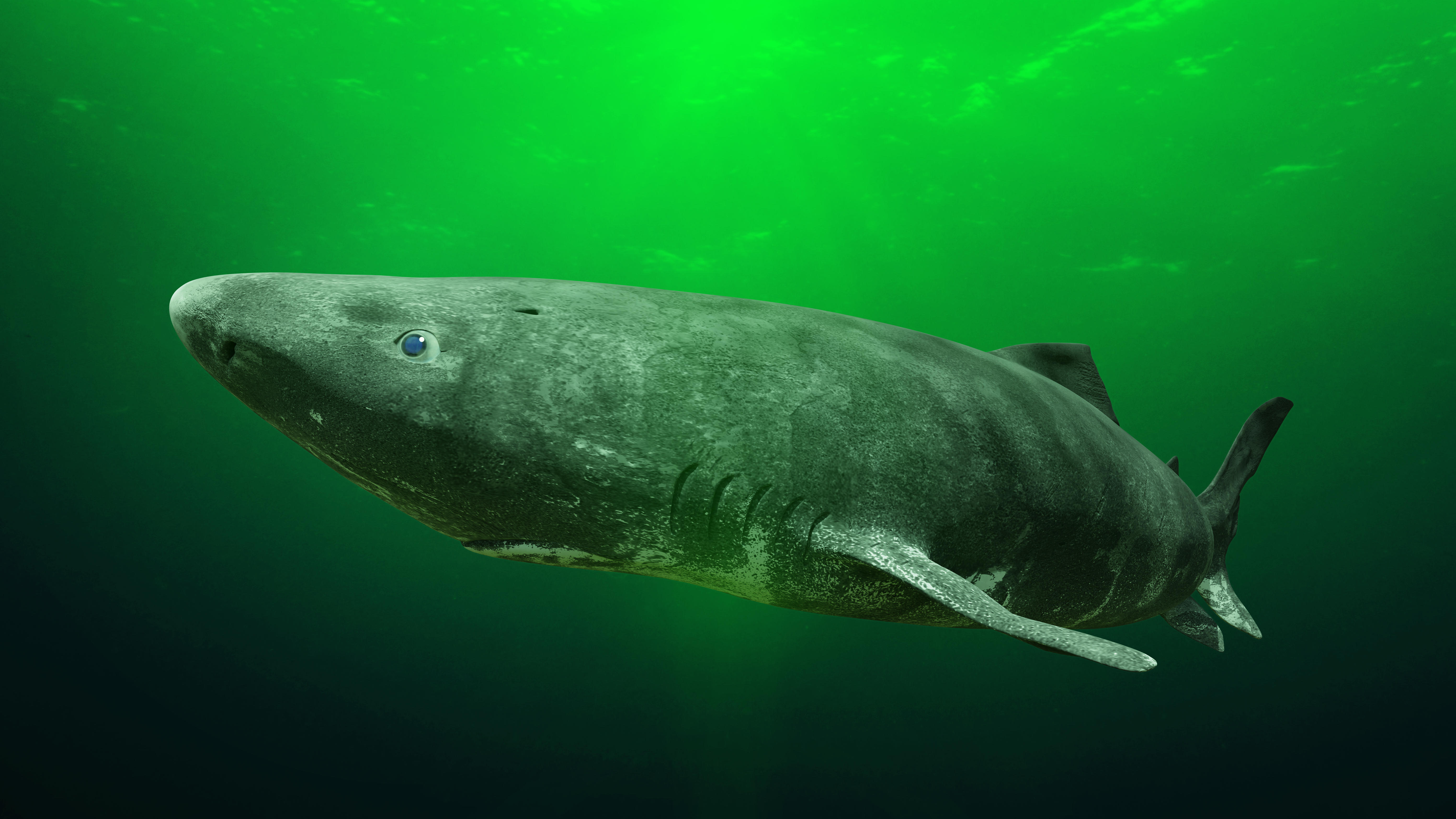
While a shark certainly wouldn't be our choice of pet, rapper and actor Ice T is a huge fan. The Law and Order: SVU star has 150-gallon saltwater aquarium in his home where he houses a whole range of sea creatures, including a Greenland Shark.
According to Dr.Coder, shark can make interesting pets, but they're generally not for beginners.
"Sharks overall are very active, need an extremely large aquarium, and often have very strict water parameter requirements," she explains.
"Many species can be aggressive, especially during and after feeding. Most types of sharks need a lot of encouragement to eat in captivity, and some are extremely reluctant to eat at all.
"They are prone to vitamin deficiencies in captivity, and do not do well if left alone for any length of time. Overall, an experienced aquarium owner with ample time and money is needed to care for sharks as pets."
9. Salma Hayek's owl
A post shared by Salma Hayek Pinault (@salmahayek)
A photo posted by on
Birds are a girls best friend – well, at least that's the case when it comes to actress Salma Hayek and her Southern White-Faced Owl, Kerring, who she adopted in 2019.
Hayek clearly shares a close bond with Kerring, having posted several photos on Instagram over the years showing the two in a series of affectionate poses. But before you rush out and get yourself your very own Kerring, Dr. Coder issues a note of caution.
"Owls do not make good pets, and many species, such as the Southern White-Faced Owl, are illegal to own without extensive permitting," she advises. "Native owls in the United States are never officially owned by private individuals; they are only acting as stewards, and the US Fish and Wildlife Service can demand release or return of the animal at any time they feel it is warranted."
Dr. Coder says that owls typically do not like to be handled, cuddled, or petted, and they can demonstrate this aversion with dangerous talons and beaks.
"They also have a very strict diet and are extremely messy and destructive. Owls do very poorly with changes in routine, so a dedicated schedule and interactions with the same person are vital to their health and wellbeing.
On top of all of that, Dr. Coder explains that owls are very loud and need to be flown daily.
"Unless you have the appropriate permits, permission from your local and federal authorities, extensive experience and space, owning an owl is not only a bad idea, it is illegal in most places."
10. Kristen Stewart's wolf-dog hybrids
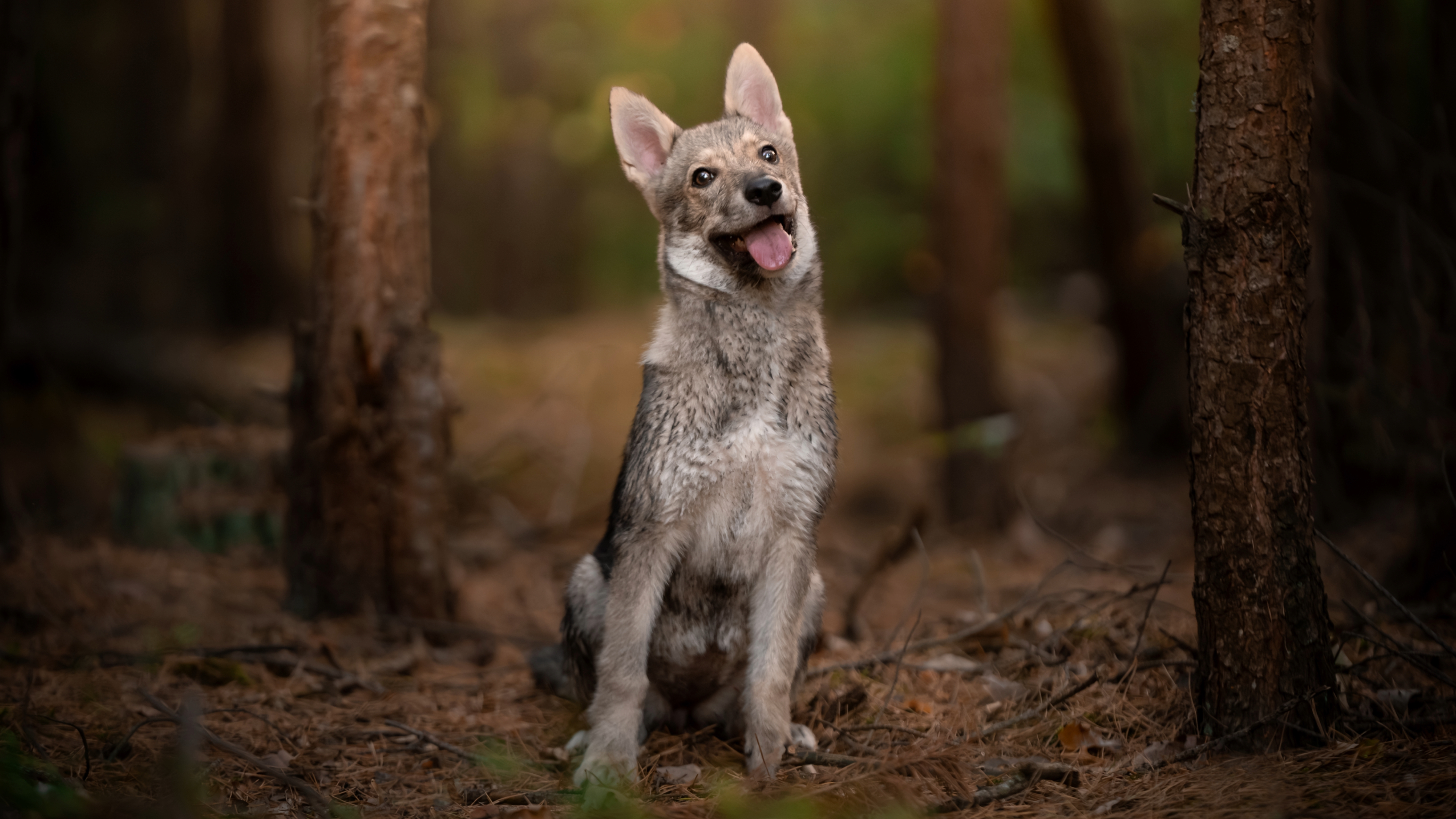
While they don't live with her (she travels too much for work), Twilight actress Kristen Stewart has four wolf dog hybrids who live with her mom on her ranch in California.
Stewart regularly visits her fur babies – Jack, Lily, Tommy and Lola – who she rescued years ago and describes them as loyal companions. However, Dr. Coder says that while wolf dogs are intriguing animals, they don't make good pets.
"In most jurisdictions, they are considered wild animals and are illegal to own," she says. "Like any mixed breed dog, the characteristics of wolf dogs are impossible to predict and no guarantee on size, temperament, or characteristics can be made.
"They are curious and intelligent, and if not socialized properly and continuously, can not only be destructive, but they can also be very dangerous. They need an extremely secure enclosure as they do not prefer to live in captivity and will actively try to escape.
"Wolf dogs often experience the seasonal hormonal fluctuations found in full wolves, and can become extremely aggressive and vicious. This cannot be trained out of these dogs and can present challenges for owners, as in many cases it can prevent people from interacting with the wolf dogs at all, even for feeding and cleaning.
"They do not do well with people as their only companion, and may become frustrated without a canine companion. This frustration can also lead to aggression and can put the owner’s health or life at extreme risk. Wolf dogs are not good pets, and at the very least should never be owned by someone without extensive experience with wolves."
Read next: The best exotic pets you could technically own with the right setup (and the ones you should avoid) and weird and unusual animals you've not heard of before. Or, learn about Oprah's dog's $30 million inheritance.

Dr. Lisa Coder graduated from the University of Missouri in 2013. Since then, she has worked in many different types of clinics, from equine, to mixed animal, to ER. She even served a few years with the United States Department of Agriculture as a public health veterinarian. She loves all animals and strive to provide a safe, comfortable, and compassionate place for the people and pets who make up our community family. Dr. Lisa and her practice Vital Animal Veterinary Clinic serves the greater Sioux Falls, South Dakota area, with compassionate care for cats, dogs, small exotic mammals, and reptiles. She is currently pursuing board certification in both types of exotic medicine. She has an absolutely brilliant staff, who supports her love of learning, teaching, and endeavoring to continually improve.
Edited by Megan Milstead and Georgia Guerin.
This page was last updated in April 2025 by Kathryn Williams.

Kathryn is a freelance writer who has been a member of the PetsRadar family since it launched in 2020. Highly experienced in her field, she's driven by a desire to provide pet parents with accurate, timely, and informative content that enables them to provide their fur friends with everything they need to thrive. Kathryn works closely with vets and trainers to ensure all articles offer the most up-to-date information across a range of pet-related fields, from insights into health and behavior issues to tips on products and training. When she’s not busy crafting the perfect sentence for her features, buying guides and news pieces, she can be found hanging out with her family (which includes one super sassy cat), drinking copious amounts of Jasmine tea and reading all the books.
